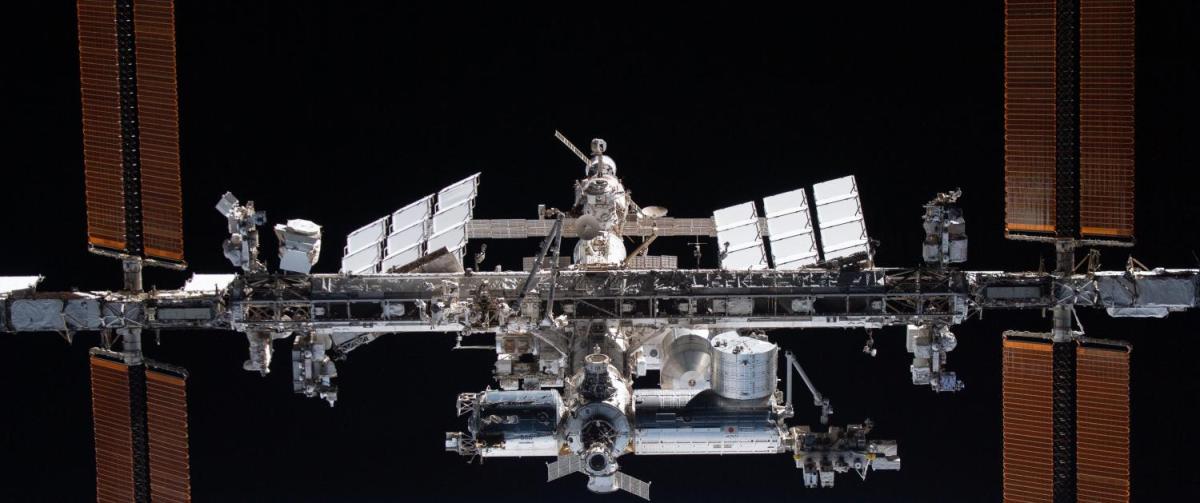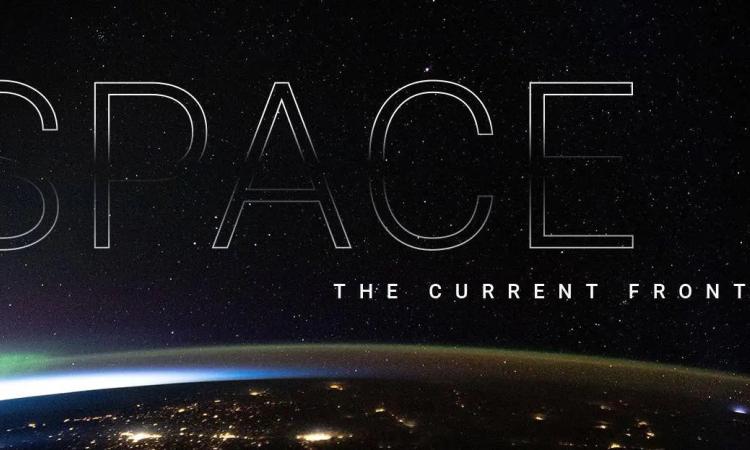
Solar cells account for approximately six percent of the electricity used on Earth; however, in space, they play a significantly larger role, with nearly all satellites relying on advanced solar cells for their power. That’s why a team of Georgia Tech researchers, including School of Electrical and Computer Engineering regents professor Ajeet Rohatgi, will soon be sending 18 photovoltaic cells to the International Space Station (ISS) for a study of how space conditions affect the devices’ operation over time.
To be installed in the Multi-purpose International Space Station Experiment (MISSE) Flight Facility on the exterior of the ISS, the cells will be studied over a six-month period, providing researchers with detailed information on factors affecting their operation in the harsh conditions of space. Among the goals are to obtain data useful for reducing weight and boosting both efficiency and reliability of the devices.
Read the full story on the Georgia Tech Research Institute's website:
Related Content
Space: The Current Frontier
From the Helluva Engineer Magazine: ECE faculty are among the many Georgia Tech engineers that have the solar system covered, with projects hundreds — or millions — of miles from home.
How Agentic AI is Rethinking the Origins of Life on Earth
Georgia Tech researchers Amirali Aghazadeh and Daniel Saeedi discuss AstroAgents, an agentic AI system that analyzes space chemistry to generate new ideas for life’s beginnings.

